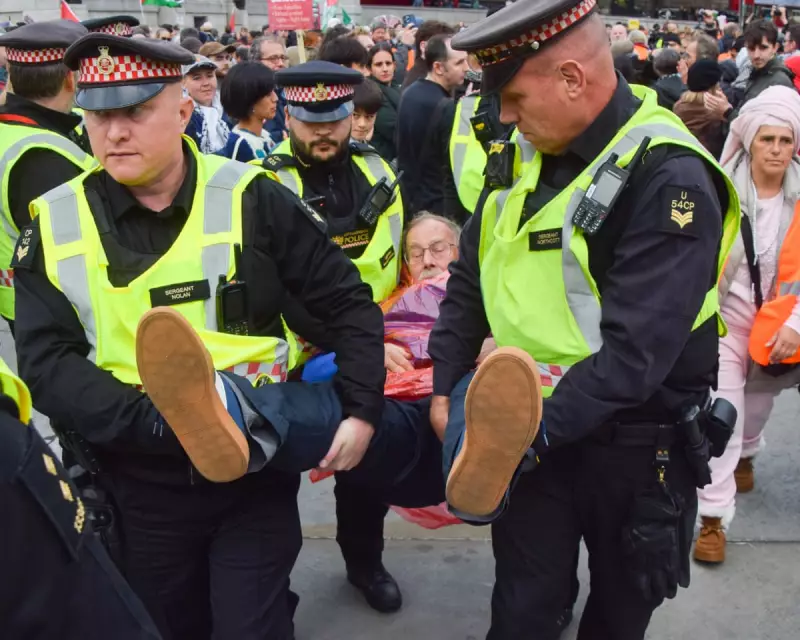
The new Labour government finds itself embroiled in a deepening controversy over its response to Palestine solidarity demonstrations, raising fundamental questions about its commitment to democratic principles and free speech.
A Growing Democratic Dilemma
Recent weeks have seen escalating tensions between protest organisers and government officials, with critics accusing ministers of employing increasingly authoritarian tactics to suppress dissent. The situation has created an unexpected political storm for a party that traditionally positioned itself as a defender of civil liberties.
Nigel Farage and other political figures have seized upon the controversy, framing it as evidence of Labour's willingness to compromise democratic values when confronted with uncomfortable political challenges. This narrative threatens to undermine the government's authority and moral standing.
The Protest Landscape Intensifies
Across British cities, demonstrators continue to gather in significant numbers, expressing solidarity with Palestine despite government attempts to manage the scale and frequency of protests. The persistence of these gatherings highlights a growing disconnect between public sentiment and official policy.
Police handling of demonstrations has come under particular scrutiny, with concerns raised about the proportionality of responses and potential infringements on the right to peaceful assembly. Legal experts warn that current approaches risk establishing dangerous precedents for protest rights in Britain.
Political Fallout and Future Implications
The controversy represents more than a temporary political headache for Labour. It strikes at the heart of the government's credibility on human rights and democratic governance. How ministers navigate this challenge could define their reputation on civil liberties for years to come.
Opposition voices grow louder, questioning whether Labour's approach reflects a broader shift away from its traditional values. The government now faces the delicate task of balancing security concerns with its obligation to protect fundamental democratic freedoms.
As the situation develops, all eyes remain on Westminster to see whether Labour can find a resolution that respects both public safety and the essential right to protest—a balancing act that grows more difficult with each passing demonstration.






